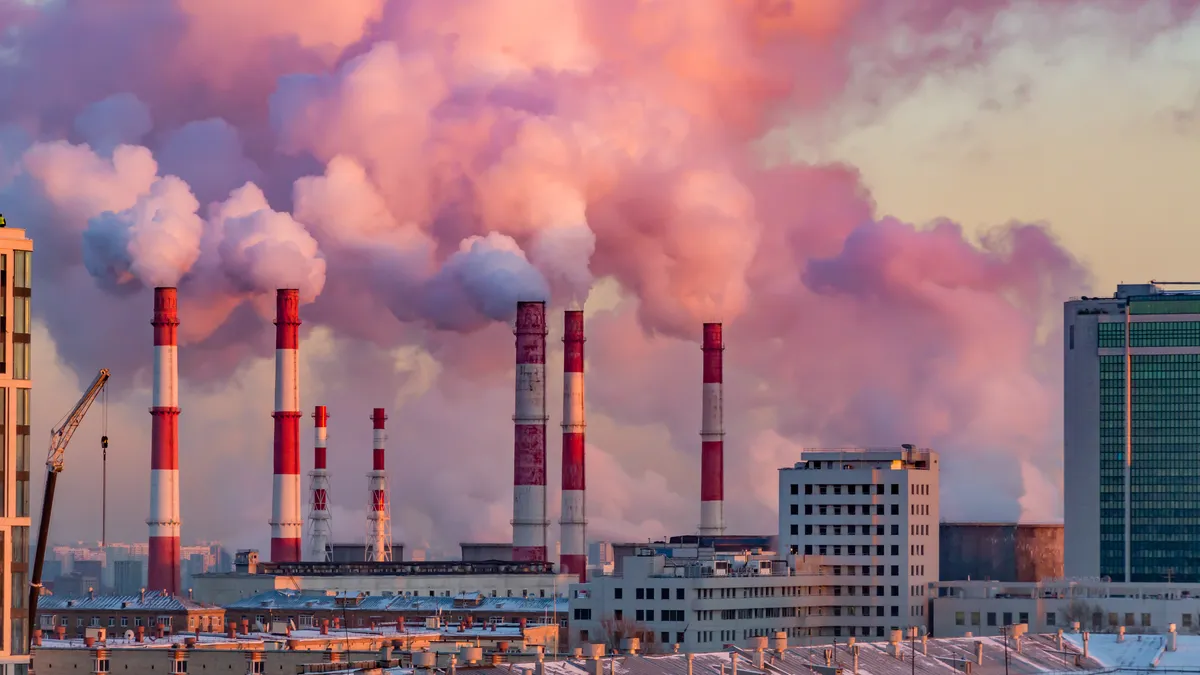Dive Brief:
- Despite “grandiose promises,” 52 top fashion companies, including H&M Group, Patagonia, Ralph Lauren and Everlane, have not improved their human rights and environmental practices, according to advocacy organization Remake’s 2024 Fashion Accountability Report.
- The assessment looked at six ESG categories and gave each company a total score from 0 to 150. The graded companies, all of which earn more than $100 million in annual revenue, received an average total score of 14, a number unchanged from the previous report.
- Everlane earned the top score of 40, just 26% of the full score, with H&M Group coming in second with a score of 37 and Puma in third with a score of 36. Skims, Temu, Fashion Nova and Missguided earned scores of 0, while Patagonia, REI and Lululemon scored in the high teens.
Dive Insight:
Since 2016, Remake has been assessing large brands’ human rights and environmental practices. Compared to last year, average scores in most categories did not improve, except for raw materials and environmental justice scores, which went up 1 point. This year, average scores in each category were all 15% or less of the full 150-point score.
“In short, there has been a great stagnation of the grandiose promises of the past decade to pay people enough to live lives of dignity and to be net positive to our planet,” the authors wrote in the report.
The average scores were 1 out of 8 in Traceability, 2 out of 23 in Wages and Wellbeing, 1 out of 15 in Commercial Practices, 5 out of 42 in Environmental Justice, 3 out of 20 in Raw Materials, and 3 out of 42 in Governance.
While 58% of companies have set short-term emissions reduction targets, and four companies have set long-term net-zero targets, “few companies have demonstrated that they are financing decarbonization in their supply chains, and existing investments are not scaling at the speed needed,” according to a press release sent to Fashion Dive.
The report noted that companies tend to focus on Scope 1 and 2 emissions, which are generated by the company’s directly controlled and owned operations, while Scope 3 emissions covering production, use, and disposal “make up 96% of a fashion company’s footprint,” according to the report.
Meanwhile, the report found that the companies surveyed have reduced their use of toxic chemicals. But, the report noted, “no company makes mention” of cleaning up damage done to areas surrounding factories and dye houses due to practices in previous years.
Remake cited overproduction as the “main driver of fashion’s still increasing environmental and human rights impacts.” The report called circularity initiatives like resale, rental, recycling, and repair “a fast-growing loop de loop into the trash can.”
“Without a conscious reduction of annual product output, even the simultaneous implementation of ‘circularity’ initiatives, improvements in energy efficiency, and use of ‘preferred’ materials will not be enough to sufficiently reduce fashion's overall climate footprint, and, likewise, its adverse labor impacts,” Remake said in the press release. “No company can yet demonstrate that it is replacing linear production.”
Some companies’ scores contradicted their public claims. Shapewear company Skims states on its website that it only works “with suppliers and vendors who we believe in and share our commitment to sustainability, accountability and transparency” and that “all of our warehouse and factory workers are ensured fair wages, safe environments and healthy working conditions." Skims didn’t immediately respond to Fashion Dive’s request for comment.
Outdoor brand Patagonia, which has said that “Earth is our only shareholder,” scored 17 in total and scored 6 out of 42 in Environmental Justice, and 0 out of 20 in Raw Materials. In an email to Fashion Dive, a Patagonia representative wrote that the score did not take into account various labor and environmental initiatives. However, the score breakdown does include these initiatives, although it doesn’t always give Patagonia credit for them, often citing a lack of clear data or results.
The assessment’s top scorers were criticized in the report as “ultimately still pandering to a global economic system that incentivizes growth based on overproduction, pollution, and exploitation.”










